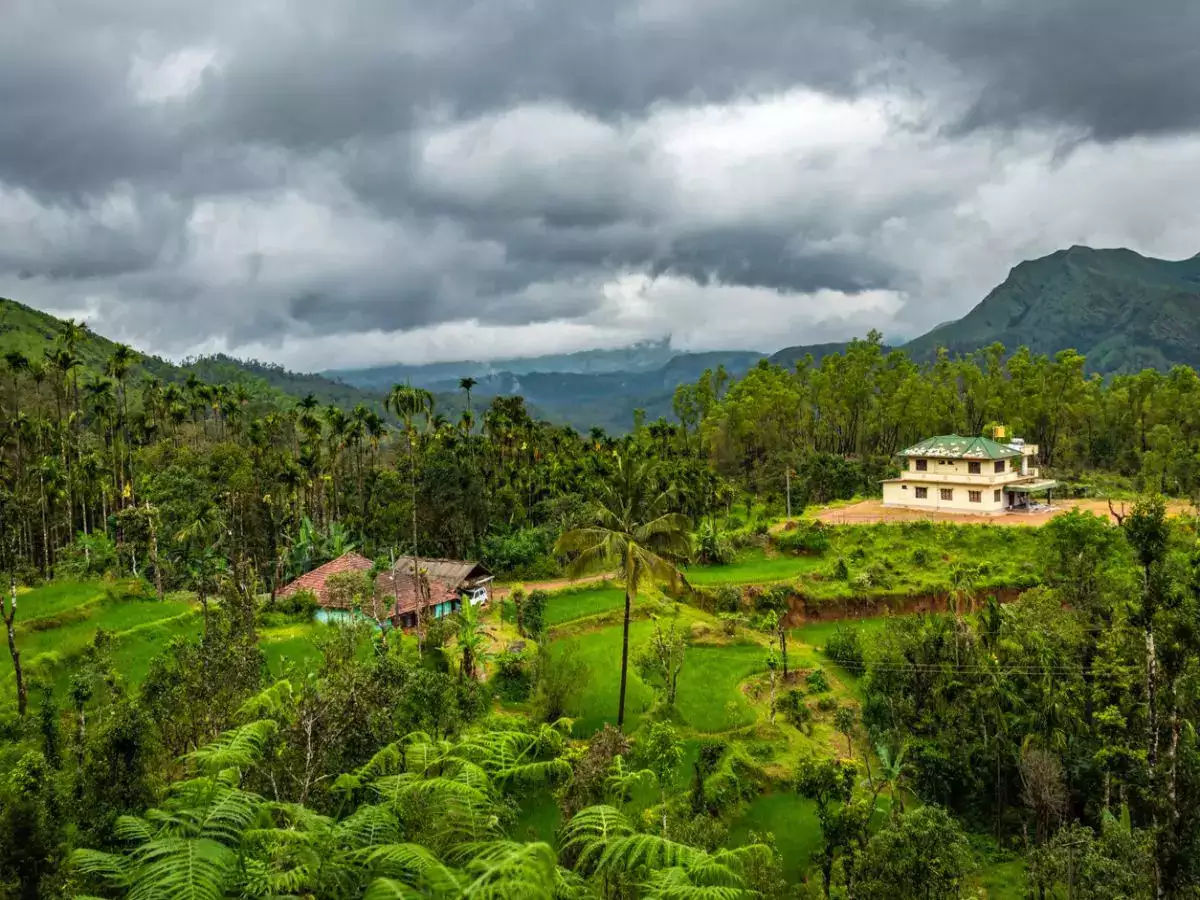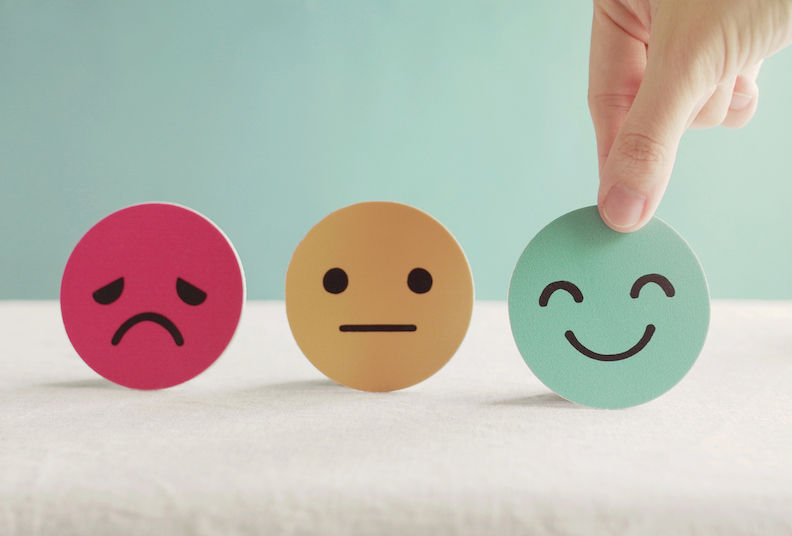Celebrating Unity, Freedom, and Cultural Heritage
Independence Day, celebrated , commemorates India's liberation from British colonial rule, symbolizing unity, freedom, and national pride.
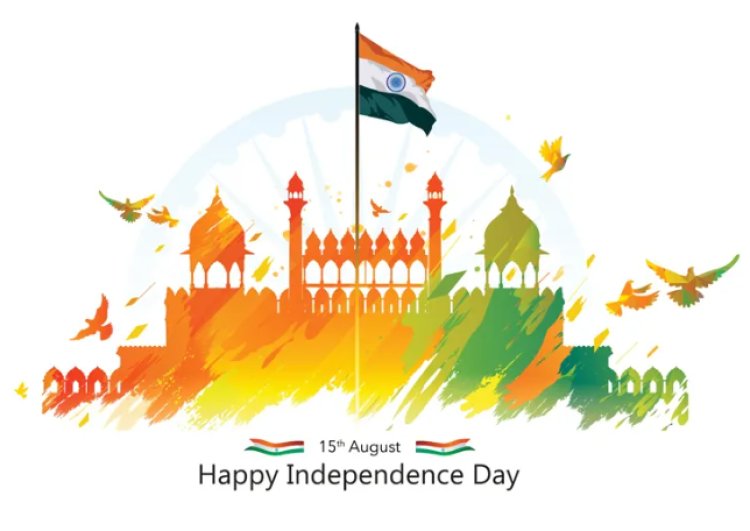
Every year on August 15th, India comes alive with vibrant colors, spirited parades, and a deep sense of patriotism as the nation commemorates its Independence Day. This significant day marks the end of British colonial rule and the birth of the world's largest democracy. In this blog post, we delve into the historical importance of Indian Independence Day, its modern-day celebrations, and the cultural richness that makes this occasion truly exceptional.
Historical Significance
Indian Independence Day holds a special place in the hearts of millions as it marks the culmination of years of relentless struggle against British colonial rule. On August 15, 1947, the Indian tricolor was unfurled at the Red Fort in Delhi, signifying the end of over two centuries of foreign domination. The vision and leadership of freedom fighters like Mahatma Gandhi, Jawaharlal Nehru, and countless others paved the way for a free and sovereign India.
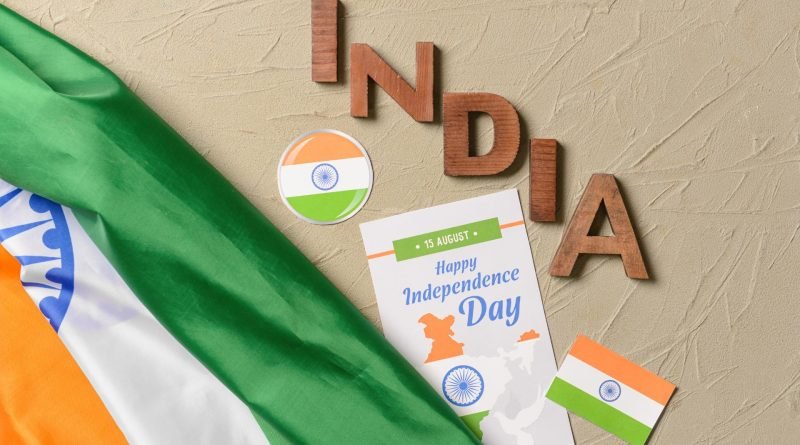
A Celebration of Unity
One of the most remarkable aspects of Indian Independence Day is the unity it fosters among people from diverse backgrounds. The celebration transcends linguistic, religious, and regional differences, reminding Indians of their shared identity and common goals. Citizens come together with a renewed sense of pride, as the national flag waves high and the echoes of the national anthem resound across the country.
Modern-Day Celebrations
Independence Day in India is marked by a series of events and ceremonies that pay homage to the sacrifices made by the freedom fighters and the progress the nation has achieved since its independence. The day typically begins with the Prime Minister's flag hoisting ceremony at the Red Fort in Delhi, followed by parades showcasing the country's military might and cultural diversity. Schools, colleges, and community organizations also organize events that celebrate India's heritage through dance, music, and artistic performances.

Cultural Richness
Indian Independence Day is a celebration deeply rooted in culture and heritage. Traditional clothing, such as sarees and kurta-pajamas, are proudly worn as a display of patriotism. The diversity of India's culture is evident in the array of performances that reflect different dance forms, languages, and traditions. It's a time when Indians come together to embrace their shared history and the richness of their varied customs.
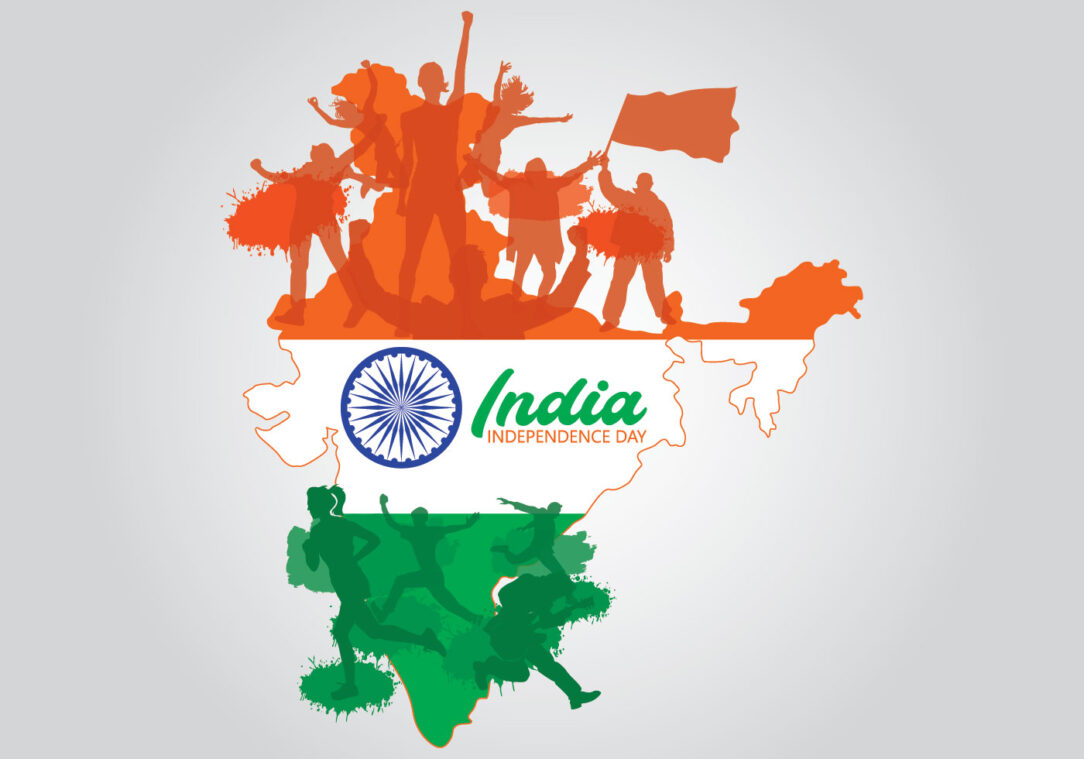
Renewed Commitment to Democracy
While celebrating its achievements, India also reflects on the importance of safeguarding its democratic values. The Constitution of India, adopted in 1950, serves as a guiding light, emphasizing the principles of justice, equality, and freedom for all citizens. Independence Day serves as a reminder that the responsibilities of democratic citizenship go hand in hand with the celebrations, calling upon the people to actively participate in the nation's growth and progress.
Conclusion
Indian Independence Day stands as a testament to the indomitable spirit of a nation that fought for its freedom and emerged victorious. It's a day when the past and the present come together, reminding us of the sacrifices that paved the way for the liberties we enjoy today. As India continues to evolve and grow, Independence Day remains a time for reflection, celebration, and a reaffirmation of the values that unite the nation.

 Fine End
Fine End 






